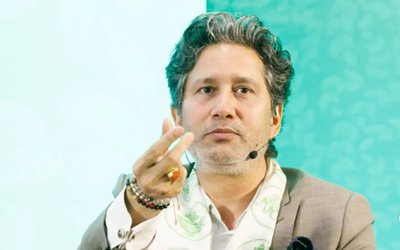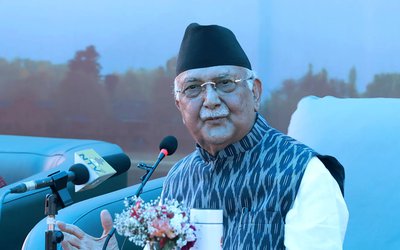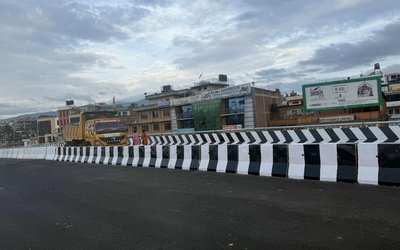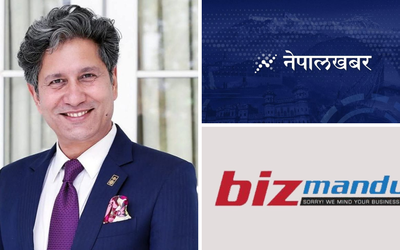More on News






Post Palungtar, a clear political message has come out: the Unified Communist Party of Nepal-Maoist (UCPN-M) is quite united at least on the issue of not accepting pluralism, and by extension,democracy. But, for obvious tactical reasons, the party has to retain the constituent assembly and ensure that, if, at all, it succeeds in delivering the constitution, that should not patronize pluralism and democracy. If Gagan Thapa, who secured the highest number of votes in the election to the Nepali Congress Working Committee, represents, in any manner, the mood of the party he belongs to, the Congress will not allow a constitution sans pluralism to be drafted and promulgated. By his own admission, Thapa has made it clear that the Nepali Congress, at most, can block the preparation or promulgation of a constitution, but is in no position to define and decide its contents.
UCPN-M Chief Prachanda has lost credibility outside his party totally. His statements, retractions, and reiterations to suit his 'politics' might have made him the most untrustworthy person in the eyes of other political parties and the international community, but does he care a hoot for that? For him, retaining the UCPN-M leadership and exploiting the differences between Mohan Baidhya Kiran and Baburam Bhattarai smartly are far more challenging issues. He can lay his claim to the government leadership only if he has a party backing him. Wise enough, he is careful not to allow the carpet slip off his feet. That is exactly what he did at Palungtar and then in Kirtipur. Prachanda's message that Universities and Campuses must be turned into 'barracks', and his lieutenant Lekhnath Neupane’s assertion that Pens and Guns have to go together are dangerous outcome of planned politics, that must be rejected right away. But who will fight that dangerous mindset and ideology? Yes, Baidhya understands that Prachanda is thoroughly discredited and exposed in the eyes of the party cadres, but it is far easier to arouse revolutionary fervor to the boiling point among youths if you are a good orator which Baidhya is not. An orator inspires—that inspiration may be short-lived—youths easily whereas an ideologue may not be that lucky as he needs to be heard seriously, read seriously and then followed with commitment. That’s where Prachanda scores over Baidhya. However, Prachanda will get into a real and serious problem if Baidhya ever decides to break away and carry on the revolt that he has been advocating for.Palungtar and Kirtipur conclaves have got much wider ramifications for the national politics, peace process and post conflict reconstruction.The major, so-called pro-democracy, parties ncluding the Nepali Congress and the Communist Party of Nepal-Unified Marxist Leninist (CPN-UML) have not yet analyzed and responded to the political messagecoming from there. Its bearing on the Comprehensive Peace Agreement needs to be gauged.
Mohan Baidhya said there is no question of the party returning the property it confiscated during the years of conflict, and, instead, it needed to snatch more now. Under the CPA provision, the Party is not only obliged to return such lands and property to the rightful owners, it ought to have done already.
More than that, can peace process and the appeal from the UCPN-M to turn universities and campuses into barracks –even though Prachanda said it tactically to appear more revolutionary than Baidhya—go together? Is it not necessary for the Constitution Committee (CC) or the Speaker of the Constituent Assembly to extract a commitment for pluralism from the UCPN-M chief as a pre-condition to move forward on the constitution making process? Where does it take the 12-point agreement, the process parties to it followed and major political outcomes it produced during the transitional period? Who will be the ones the nation and its people should seek answer from when the promise is not kept? After all democracy is a system of accountability. Prachanda may always say he is accountable to his gun-wielding cadres alone, but Madhav Nepal and Sushil Koirala cannot just get away with such lame excuses.
The crisis that the country is facing is real. The exit of the United Nations Mission to Nepal (UNMIN) from the third week of January, confusion over the fate of Maoist combatants and Maoist leadership's continued call for renewal of armed revolt have already brought the psychological war to the threshold of a country divided, confused and terrorized.






